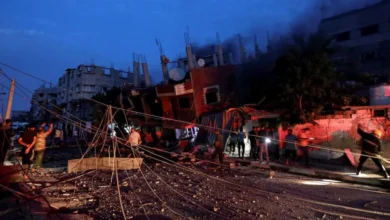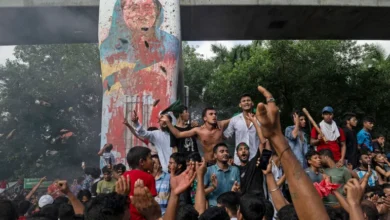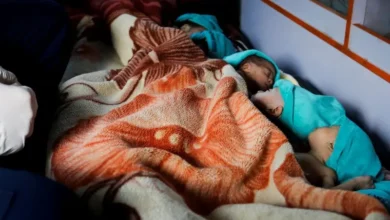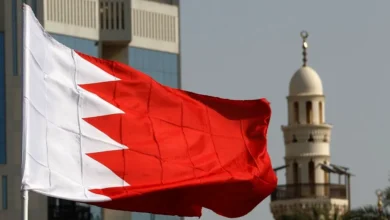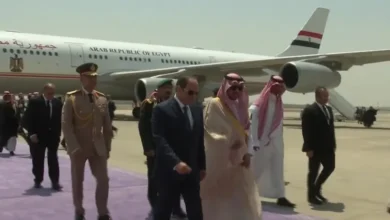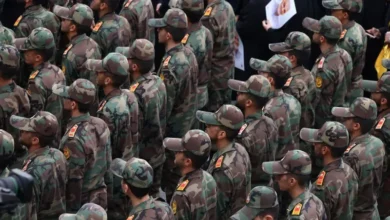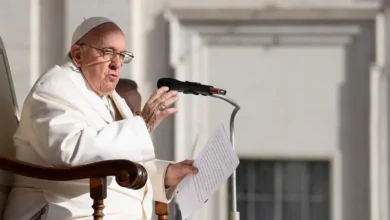Syria calls for investments in war-torn country amid its return to the Arab League
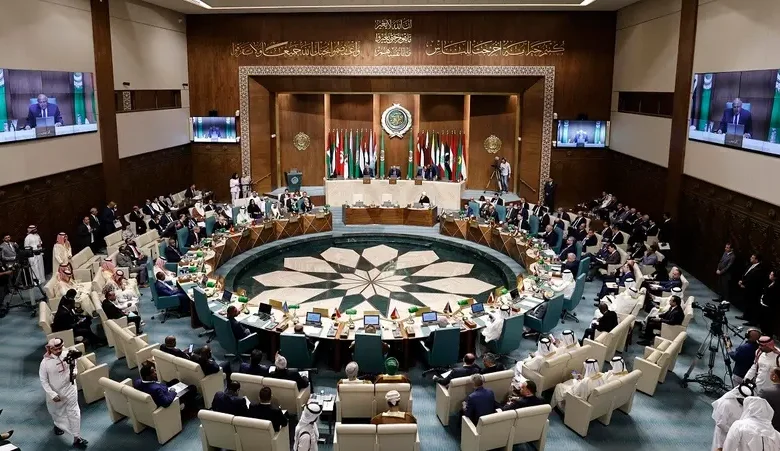
Syria on Monday called on Arab countries to invest in the war-torn nation, now again a member of the Arab League.
The appeal from Syria’s economy and trade minister came during an economic conference in Saudi Arabia, ahead of a league summit in the Kingdom.
The 22-member Arab League agreed earlier this month to reinstate Syria, ending a 12-year suspension and taking another step toward bringing Syrian President Bashar al-Assad, a long-time regional pariah, back into the fold.
However, crippling Western sanctions against Assad’s government remain in place and could prevent Arab countries from rushing to invest in Syria — or lead to a quick release of reconstruction funds in the war-battered country.
“We invite you to participate in investing in Syria, where there are important opportunities and promising horizons,” said the Syrian minister, Mohammed Samer al-Khalil, as he addressed the opening session of the conference Monday in Jeddah.
Saudi Finance Minister Mohammed al-Jadaan also spoke, welcoming Syria’s return to the Arab League and saying he looked forward to working together “to achieve what we aim for.”
Syria earlier this month opened regional talks with Jordan, Saudi Arabia, Iraq, and Egypt in Amman, as part of an Arab-led initiative to resolve the Syrian conflict.
Analysts say investments will likely be limited until Syria reaches a political solution to the conflict and resolves a host of other pressing issues — millions of Syrian refugees, a flourishing illicit drug trade and extremist militant groups.
It is unclear if Assad, who has been formally invited to the Arab League summit on Friday, will take part in it.
Syria was suspended from the league over Assad’s cracking down on mass protests against his rule in 2011.
The uprising quickly turned into a civil war that has killed nearly a half million people and displaced half of the country’s pre-war population of 23 million.
In his speech, al-Khalil also thanked Arab countries for sending aid to Syria following the February earthquake that hit Turkey and Syria, killing over 50,000 people, including more than 6,000 in Syria.
